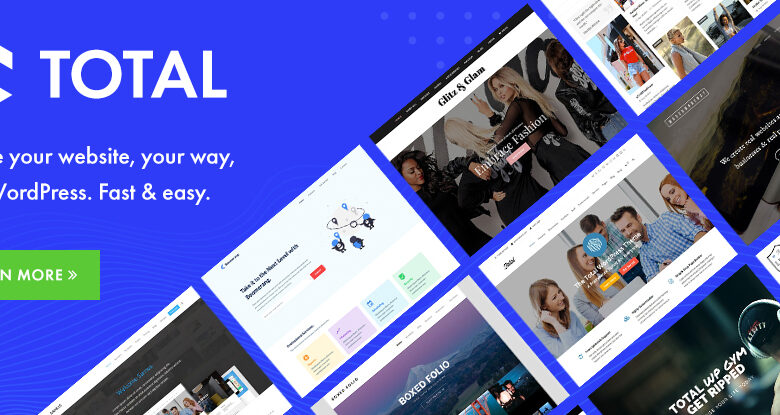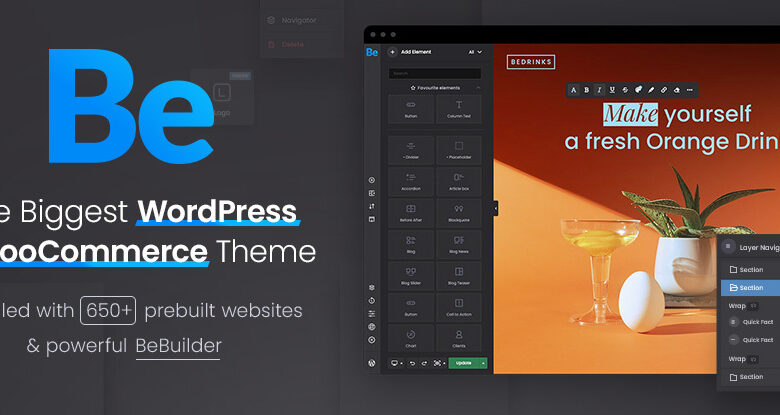Should You Make Your Own Website?
As a small business owner you know the importance of having a company website. It’s your gateway to the world and your primary method of getting your message out and new customers in. The question becomes, should you create your own site or hire a web designer?
As with virtually every other business decision, ultimately this one comes down to time and money. How much of either do you have to invest? Other important considerations include how much control you want, how creative you are, and how good you are at telling your own story and promoting your own product or service.
What You’ll Need
Whichever way you decide, you will need five things:
- domain name,
- company email account(s),
- server to host your site,
- web authoring software, and
- ftp program to upload your site to the server.
Your domain name should be short, memorable, and relevant to who you are and what you do. In other words, a name that establishes your brand. For example, if your company name is “Acme Widgets,” the obvious domain name is acmewidgets.com. But if that name is already taken, what then? Well, what if you make your widgets out of a new plastic that’s stronger, cheaper, and more durable than the material out of which widgets have been made up to now? Then your domain name could be acmeplasticwidgets.com. It says exactly who you are and what you do.
If you want your site to be a completely do-it-yourself project, you’ll next need a server to host your site. If you don’t have your own server, that means finding and creating an account with a web hosting service. Look for one with a good uptime track record as well as sufficient bandwidth, provision for setting up multiple business email accounts, good customer service, and favorable customer reviews.
Then you’ll need to find web authoring software; i.e., a program in which to create and maintain your site. There are many good programs available and some of the free ones are remarkably robust. Desirable features include:
- user-friendly interface;
- templates for page design and theme;
- site and page views;
- e-commerce feature(s);
- asset management;
- full word processor-type functions like text, graphic and video insertion, copy/paste, and link creation and management;
- preview function;
- reliable publishing function; and
- tutorials and/or help features.
Even if your software has a built-in publishing function, you may prefer to buy a dedicated ftp (file transfer protocol) program. There are several reasonably-priced programs available that give you the ability to quickly and reliably transfer (upload) the site files saved on your hard drive to your server. Most if not all of them allow you to choose whether to upload your entire site or just the pages on which you have made changes since your last upload.
If all of this sounds like a lot of work, be aware that many companies offer package deals to help you make your own website. Some feature not only a website builder, but also a free domain name, site publishing, access to help and advice, and reasonably-priced hosting.
Pros and Cons
The foremost advantage of creating your own company website is that you have complete control. You know it reflects your company’s vision, values, and preferred communication style. Other advantages are cost-effectiveness and the ability to make changes and updates quickly. Lastly, you have the enormous pride and satisfaction of learning and mastering new skills and creating exactly what you want exactly how you want it.
The biggest negative is upfront time. No matter how user-friendly, there’s always a learning curve to discovering how to effectively use new software. In addition, it takes time and thought to properly organize all the information you want to include on your site and present it in a logical and consistent manner across pages. However, once you have your site structured the way you want it, maintaining and adding to it is a comparative breeze.






N.b. The most important is a domain name. It can be a real booger to think of a good one. You may sweat blood to think of one that’s both effective and not taken. Try and try and try. Blood, sweat, and tears. Once you have a domain name registered, you can take your time with the rest. Hosting will come next. There are several websites with good reviews of hosts (one of which I rely upon but whose name I dare not mention for fear of polluting this comment). Find them. Next, emails: support at domain, info at domain, and so on. *Then* build your site. You can go the auto root like a Sitebuilder, or hire a pro, or use WordPress. Or use something like FileZilla (free!) for FTP. Don’t fear: even a dolt like me could do it. (Except I flunked the essential first part, so far: my domain name choices have been yawners.)